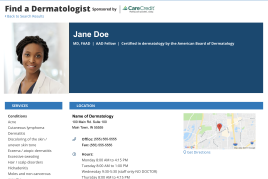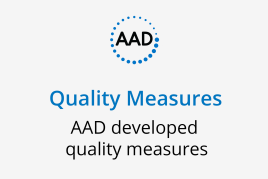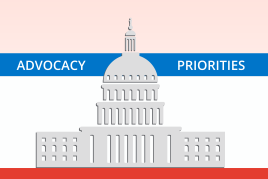Holiday wishes, Darwin, and dermatology

 By Warren R. Heymann, MD
By Warren R. Heymann, MD
Dec. 21, 2018
In 1835, Charles Darwin visited the Galápagos Islands for only 5 weeks as a naturalist on the HMS Beagle; it was his perceptive assessment of finches that congealed his view of natural selection, which was published in 1859 in On the Origin of Species. Despite the ensuing cataclysmic tumult in scientific thought, his theories of evolution prevailed.
My compatriots on my recent Galápagos Islands were mostly retired, enjoying the oddities and splendor of this volcanic archipelago. Many of these retirees continued on to explore the mystique of Machu Picchu — I was returning to dermatology practice pondering if I will survive by adaptation to newfound adversities or become extinct.
I was fascinated by the ecosystem allowing land iguanas to sit under a Galápagos cactus waiting patiently (weeks!) for a small cactus fruit to drop, enabling their survival. The land iguanas diverged from marine iguanas about 4.5 million years ago — clearly, they have what it takes to persist. Now with warming of the ocean currents, the Galápagos species confronts its paramount challenge. As Nicholas Casey and Josh Haner state in their essay “As seas warm, Galápagos Islands face a giant evolutionary test” (New York Times, December 18, 2018) “… not even Darwin could have imagined what awaited the Galápagos, where the stage is set for perhaps the greatest evolutionary test yet.”
Dermatology (and dermatologists) has existed from the inception of skin, far preceding the remedies noted in the Ebers papyrus,dating to 1500 BC.
David Sax, in his intriguing commentary “End the innovation obsession” (New York Times, December 7th, 2018) states: “We are told that innovation is the most important force in our economy, the one thing we must get right or be left behind. But that fear of missing out has led us to foolishly embrace the false trappings of innovation over truly innovative ideas that may be simpler and ultimately more effective. This mind-set equates innovation exclusively with invention and implies that if you just buy the new thing, voilà! You have innovated! Each year businesses, institutions and individuals run around like broken toy robots, trying to figure out their strategy for the latest buzzword promising salvation.” The subtitle of this piece is “Some of our best ideas are in the rear view mirror.”
Artificial intelligence, shifting practice paradigms, economic pressures, bureaucratic burdens, intra-and-inter specialty competition, et cetera, conceivably result in a “survival of the fittest” mentality. Darwin taught us that adaptability to environmental stress is key to survival. While that is unquestionably true, even “dinosaur” dermatologists (such as myself) will thrive by the embracing the time-honored focus of compassionate care for patients first and foremost, while facing ongoing challenges and innovations with intelligence, creativity and adaptability.
While the world may seem increasingly upside down, there is much to cherish and be grateful for. I wish you and your families a glorious holiday season and a wonderful, adaptable 2019!
Sincerely,
Warren R. Heymann, MD
All content found on Dermatology World Insights and Inquiries, including: text, images, video, audio, or other formats, were created for informational purposes only. The content represents the opinions of the authors and should not be interpreted as the official AAD position on any topic addressed. It is not intended to be a substitute for professional medical advice, diagnosis, or treatment.
DW Insights and Inquiries archive
Explore hundreds of Dermatology World Insights and Inquiries articles by clinical area, specific condition, or medical journal source.
All content solely developed by the American Academy of Dermatology
The American Academy of Dermatology gratefully acknowledges the support from Incyte Dermatology.
 Make it easy for patients to find you.
Make it easy for patients to find you.
 Meet the new AAD
Meet the new AAD
 2022 AAD VMX
2022 AAD VMX
 AAD Learning Center
AAD Learning Center
 Need coding help?
Need coding help?
 Reduce burdens
Reduce burdens
 Clinical guidelines
Clinical guidelines
 Why use AAD measures?
Why use AAD measures?
 Latest news
Latest news
 New insights
New insights
 Combat burnout
Combat burnout
 Joining or selling a practice?
Joining or selling a practice?
 Advocacy priorities
Advocacy priorities
 Promote the specialty
Promote the specialty

